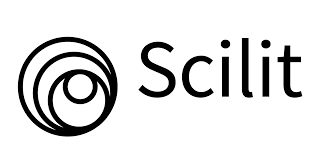Community Empowerment Strategy by the Village Heads in the Development of Tourism Areas in South Tetebatu Village, East Lombok Regency, West Nusa Tenggara
Abstract
This study aims to determine the strategy of the Village Head in community empowerment and to find out how the development of tourism areas in Tetebatu Selatan Village, East Lombok Regency, West Nusa Tenggara. This type of research is descriptive qualitative research. At the stage of formulating a tourism development strategy in the village of South Tetebatu, researchers used a SWOT analysis technique. The results of this study can be concluded that the community empowerment strategy in the development of tourism areas shows that the South Tetebatu village has tourism potential that can be developed further. Then, the potential analysis based on the aspects or criteria of the tourism village shows that of the seven aspects, only the readiness of community human resources and aspects of tourism support facilities still need to be improved, while the other five aspects, namely tourist attraction, community motivation, facilities and infrastructure, institutions and the availability of land, in general, are adequate to become a tourist village. In addition, tourism development in the village of South Tetebatu is quite good, it's just that there is a need for improvement so that in the future the village of South Tetebatu can become one of the best tourist villages in Indonesia.
Copyright (c) 2022 Indriani, Arwin Sanjaya

This work is licensed under a Creative Commons Attribution-NonCommercial 4.0 International License.
The author whose manuscript is published agrees to the following conditions:
- Publication rights of all journal manuscripts published / published on the JKTP website are held by the editorial board with the author's knowledge (copyright remains the author's).
- The formal legal provisions for access to digital electronic journal articles are subject to the provisions of the CC Attribution-Non-Commercial 4.0 license, which means JKTP has the right to store, transfer media / formats, manage in the form of a database, maintain, and publish articles without asking permission from the author as long as the author's name remains as the copyright owner.
- Manuscripts published / published in print and electronically are open access for the purpose of education, research and libraries. Apart from these purposes, the editorial board is not responsible for violations of copyright law.




.png)










